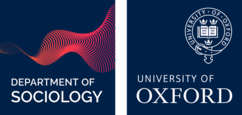Embracing business data: promoting collaboration between research and industry
Embracing business data: promoting collaboration between research and industry
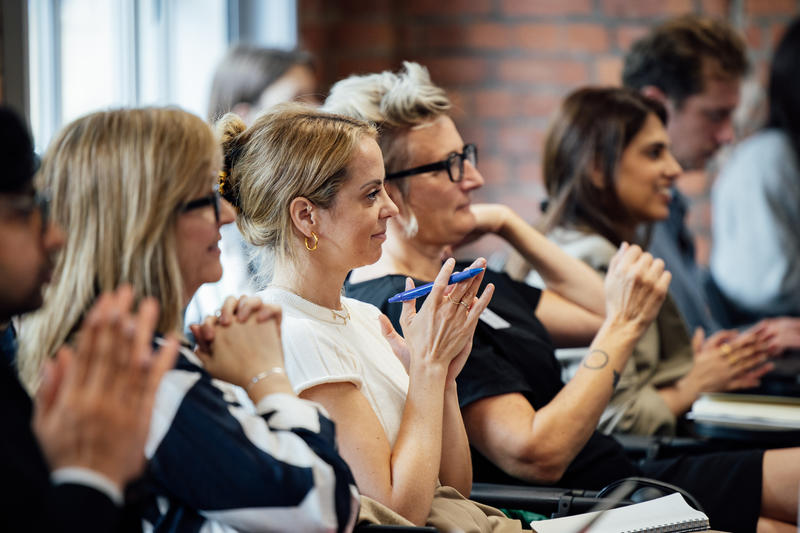
This term, the Department of Sociology held a workshop aimed at unlocking the ways consumer data from businesses and organisations can be used in demographic research.
Academics from across the University of Oxford were joined by representatives from international organisations and businesses that are currently working in partnership with researchers in the social sciences.
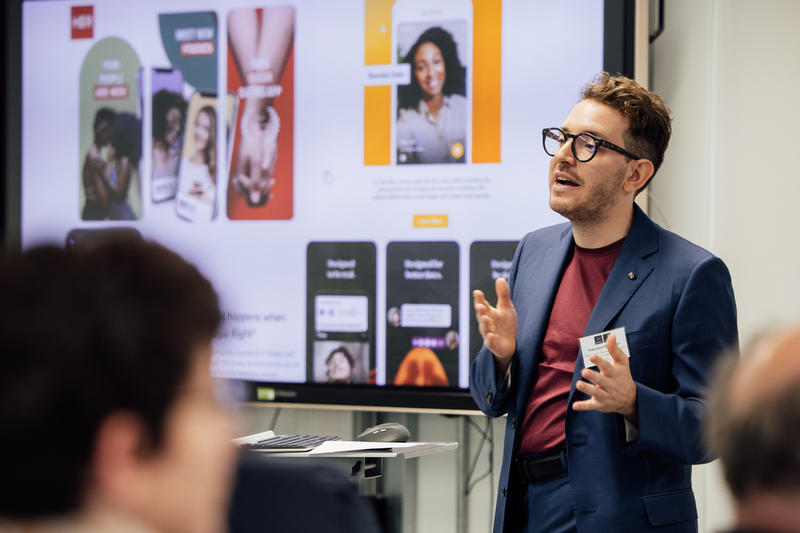
Dr Francesco Rampazzo, University of Oxford
The workshop aimed to strengthen these collaborations – informing companies of how their data is being utilised and revealing any resulting outcomes or trends. It also allowed researchers to get a first-hand account of the priorities and challenges being balanced by businesses and organisations.
The ultimate goal was for researchers and industry representatives to jointly explore ways to streamline and improve these partnerships.
Present at the event were members of the Unstereotype Alliance, convened by UN Women, and Population Europe, organisations which both stress the need for research and industry collaboration.
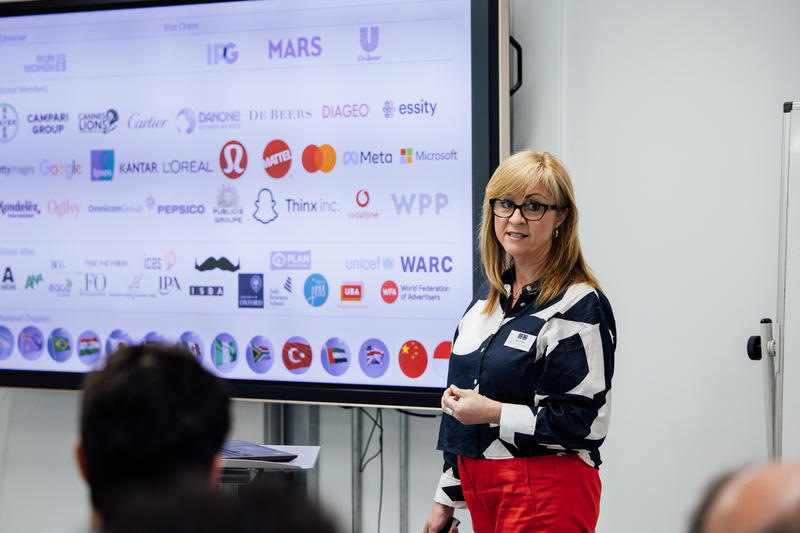
Sara Denby, Head of the Unstereotype Alliance Secretariat
Population Europe is a network of demographic research centres across Europe, which aims to bring together policymakers and experts from science and politics to discuss pressing issues related to demographic change, at the local, regional, European and international levels.
The Unstereotype Alliance is a global collective of organisations aimed at eradicating harmful stereotypes and bias from media and advertising content.
Everything we do is data-driven to effectively track the visibility of underrepresented communities worldwide.
Working with researchers gives us access to extensive analysis, which is essential for understanding where change is occurring and where it is still needed.
The Unstereotype Alliance, convened by UN Women
As advertising content shapes our perceptions about how we see ourselves and the communities around us, the positive, authentic portrayals of underrepresented groups is crucial in driving change.
Although convened by UN Women, the Alliance also targets stereotypes relating to race, ethnicity, age, religion, sexual orientation, class, ability and more, and currently has 240 member organisations worldwide.
These organisations were joined by representatives from visual media e-commerce platform Getty Images, publishing and marketing specialists Nielsen BookData, LGBTQ+ dating company Cosmic Latte, and Italian online retailer MammaPack.
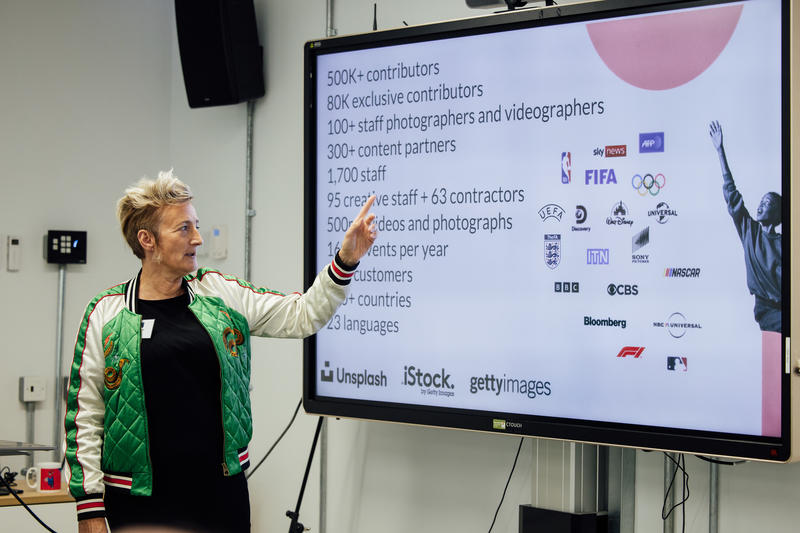
Dr Rebecca Swift, Senior Vice President - Creative, Getty Images
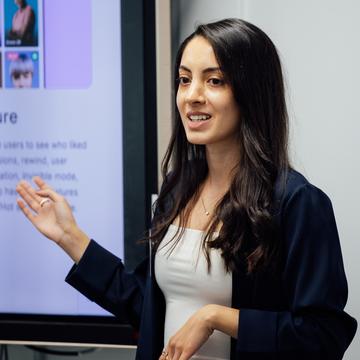
Dilan Başak, Lead Growth Marketer, Cosmic Latte
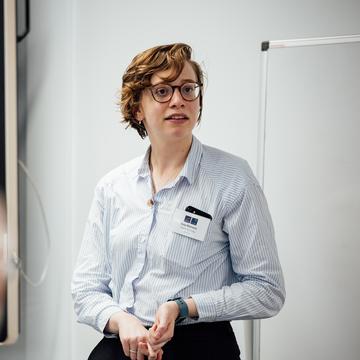
Suzy Warnock, Account Manager, Nielsen BookData
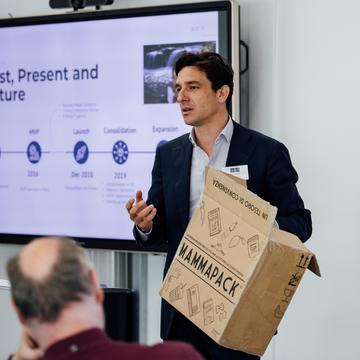
Flavio Nappi, CEO, MammaPack
The workshop was organised by Dr Francesco Rampazzo, Departmental Lecturer in Demography, who emphasised that a lack of traditional data (for instance from surveys or censuses) means researchers often need to get creative and repurpose other data sources, such as internal information held by businesses about their client bases and transactions.
These unique data sources can be combined with open source data to provide the fullest possible picture, often uncovering novel insights that might otherwise remain hidden – for both researchers and businesses.
Our partnership with researchers offers us a way to access more data, which can tell us about attitudes within and about our customer base: the LGBTQ+ community.
Cosmic Latte
Currently, Dr Rampazzo works with several companies to better understand LGBTQ+ representation across the world.
Datasets from private companies – including marketing data from Getty Images and information about book purchases from Nielsen BookData – can be combined to provide a better understanding of the distribution of LGBTQ+ people, as well as levels of social acceptance, worldwide.
This novel use of unconventional data sources is flourishing at the University of Oxford, and the workshop highlighted several more research projects.
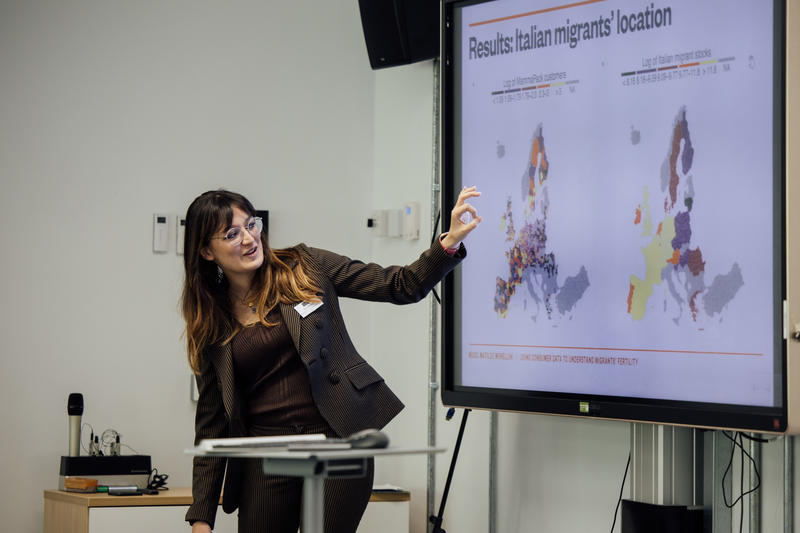
Micol Morellini, DPhil candidate, University of Oxford
DPhil student Micol Morellini, working with a research team from the Said Business School and the Nuffield Department of Population Health, currently collaborates with companies in order to study the fertility of migrants using e-commerce data.
Similarly, DPhil student Morten Thomsen is making use of image sales data from Getty Images in his thesis, which will examine the inequalities faced by transgender people across the world.
Other research projects will look at the evolution of LGBTQ+ family representation in marketing sales using the same datasets; a collaboration with Princeton University.
These datasets can be invaluable for identifying and analysing social demographic trends in representation – trends that might be overlooked or missed by traditional data sources.
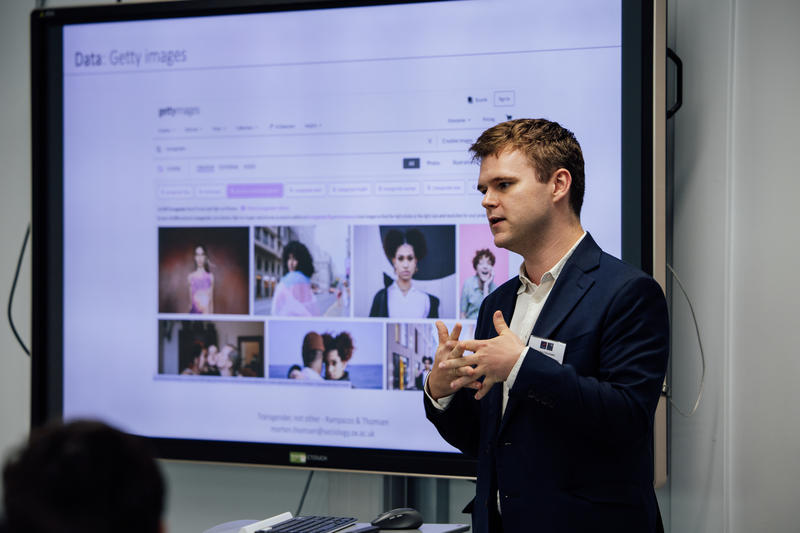
Morten Thomsen, DPhil candidate, University of Oxford
While industry collaboration is highly useful for researchers, the workshop emphasised that these partnerships also offer numerous advantages for businesses.
By collaborating with academics, companies gain access to more comprehensive data about their operations and benefit from innovative methodological perspectives that can enhance internal decision-making.
Additionally, researchers can help businesses identify and address biases, leading to more equitable practices, and lending support to internal Equality, Diversity & Inclusion missions. Such partnerships also bring positive reputational benefits, as academic collaborations are often associated with high ethical standards.
You can read more about the workshop in this report by undergraduate Human Sciences student, Grace White.
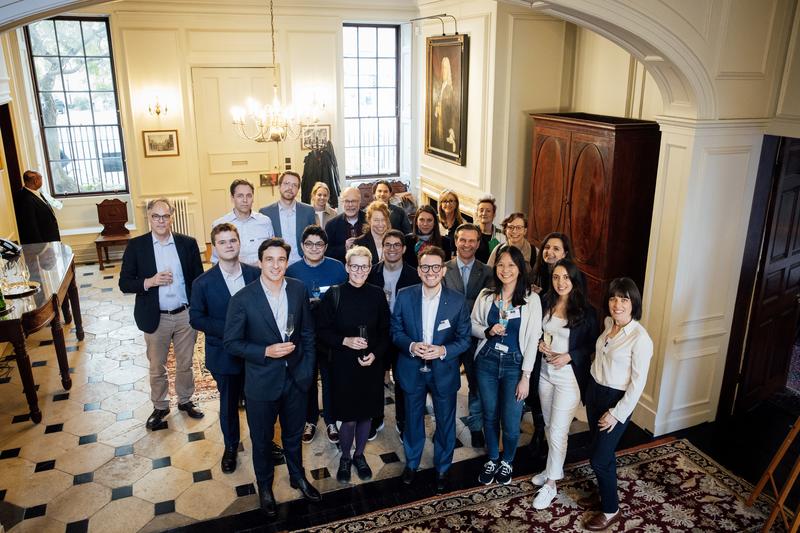
Workshop attendees at St John's College
